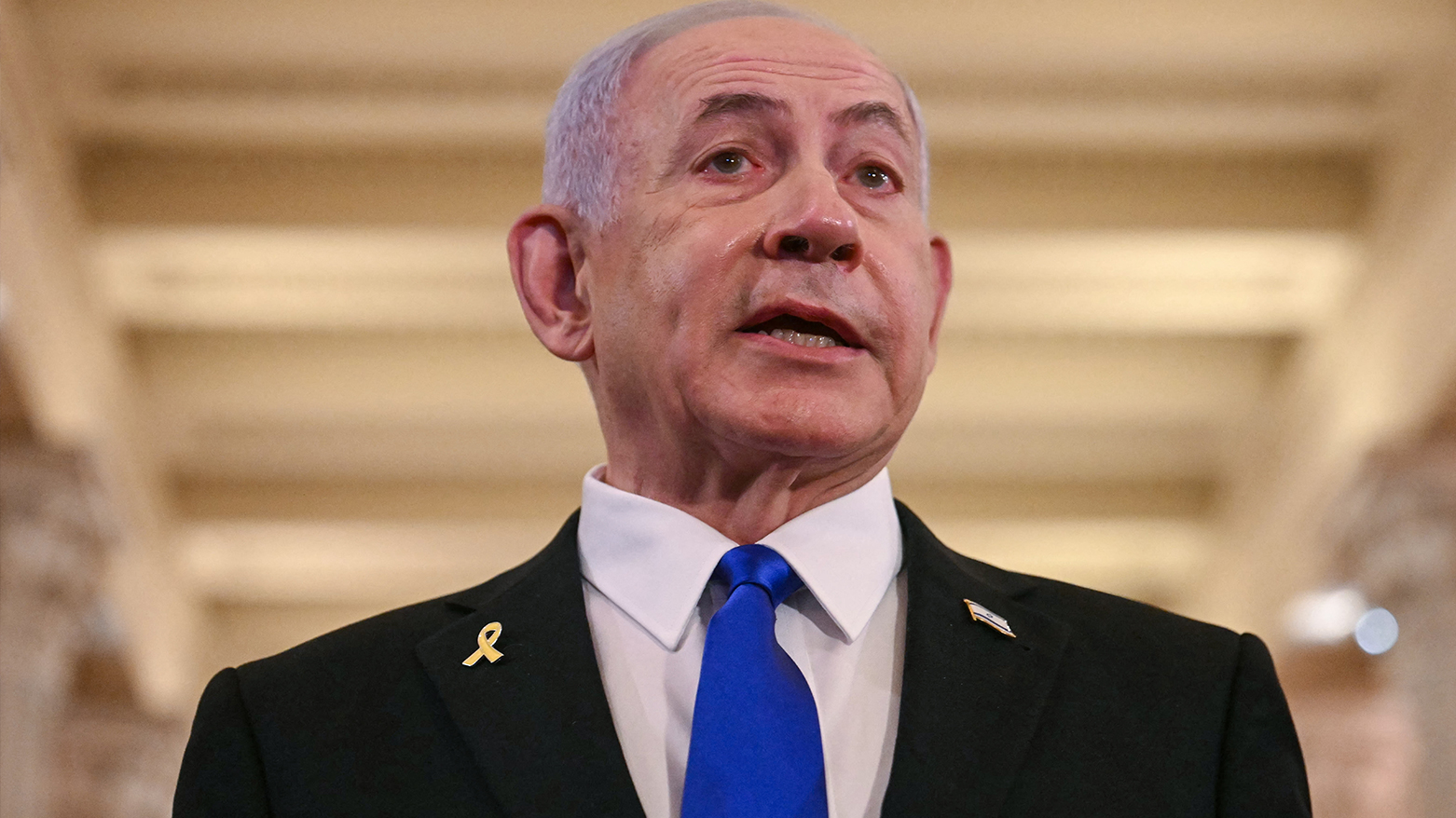Netanyahu Outlines Conditions to Avoid Further Strikes on Iran
Netanyahu sets 3 red lines for Iran: halt uranium enrichment, limit missile ranges, and cut terror ties—or face continued strikes. He praises Trump's diplomacy while negotiating a Gaza hostage deal, signaling tough regional demands amid shifting power dynamics.

ERBIL (Kurdistan24) – Israeli Prime Minister Benjamin Netanyahu has laid out three key conditions that, if met by Tehran, would prevent further Israeli strikes on Iran, in a pointed message delivered during an interview with U.S. network Fox News.
Netanyahu stated he would support what he described as “an exceptional agreement” with Iran under strict prerequisites that, in his words, could alter the trajectory of the Iranian regime if accepted.
Three Conditions for Restraint
Netanyahu articulated the following requirements:
No uranium enrichment, echoing the stance shared by both him and U.S. President Donald Trump.
No ballistic missiles capable of reaching American shores.
No missiles exceeding the range permitted under international treaties, specifically the 300-mile limit.
No support for terrorist networks.
“Give me those three conditions,” Netanyahu declared, “and the regime would be different if it agrees. And if not—keep them in check and let things unfold inside Iran.”
The Israeli premier insisted that without the joint Israeli-American attack launched last month, “Iran would have obtained nuclear weapons within a year.”
Iran’s Position Weakened Post-War
Netanyahu said the Iranian regime is now in a “deep crisis,” following the 12-day war with Israel, referencing a shift in the regional power dynamic in the aftermath of the recent military escalation.
He also described Gaza as “Iran’s last stronghold in our vicinity,” noting the diminished influence of Hezbollah in Lebanon and the downfall of Bashar al-Assad’s regime in Syria as additional blows to Tehran’s regional clout.
Hostage Deal Under Negotiation
Turning to the ongoing conflict in Gaza, Netanyahu expressed confidence in reaching a deal to secure the release of Israeli hostages taken on October 7, 2023. He said efforts are underway—especially following his visit to Washington last week—to finalize an agreement with President Trump that would free half of the hostages, both alive and deceased, in exchange for a 60-day ceasefire.
“I want to save as many as possible,” he stated. “And through this process, we hope to reach an agreement that enables humanitarian aid to flow to Gaza’s civilians without being looted by Hamas.”
He reiterated that the hostage crisis remains the only reason for Israel's ongoing war effort, adding that “we are doing everything possible to avoid harming them.”
Praise for Trump and U.S. Diplomacy
Netanyahu was effusive in his praise for the Trump administration, saying the U.S. had become a “different America” under Trump—one that “the entire free world longs to see again.”
“If anyone deserves the Nobel Peace Prize, it is President Trump,” Netanyahu said, citing American-brokered efforts to end conflicts between Rwanda and the Democratic Republic of the Congo, and between India and Pakistan.
Prospects for Further Arab Normalization
When asked about the potential for formalizing ties with other Arab nations, Netanyahu emphasized discretion, saying such talks “will remain confidential until the right moment to announce new agreements.”
As tensions continue to mount in the region, Netanyahu’s remarks point to a complex blend of diplomacy, deterrence, and ongoing negotiations—all underpinned by unwavering support for Israel’s regional security posture.